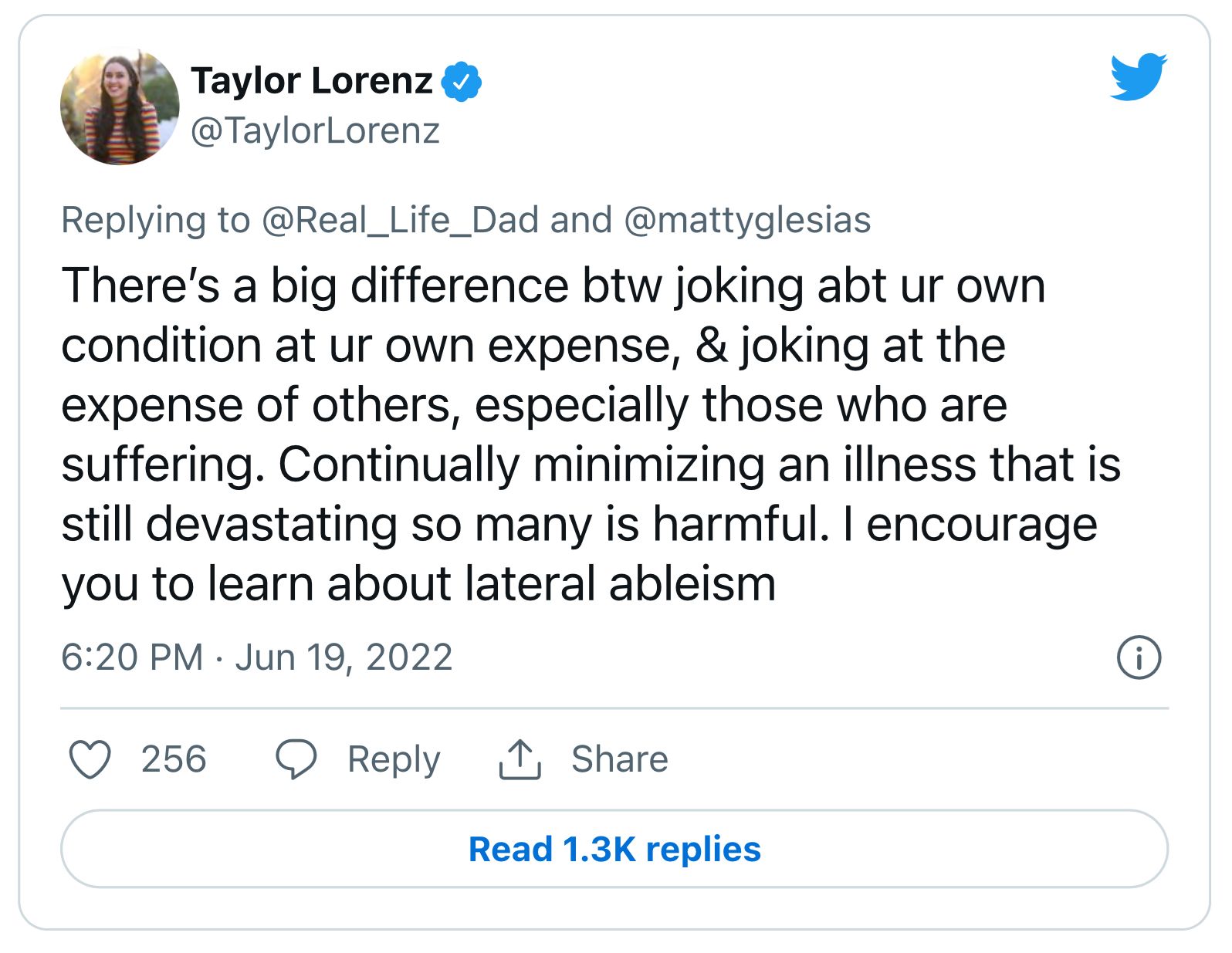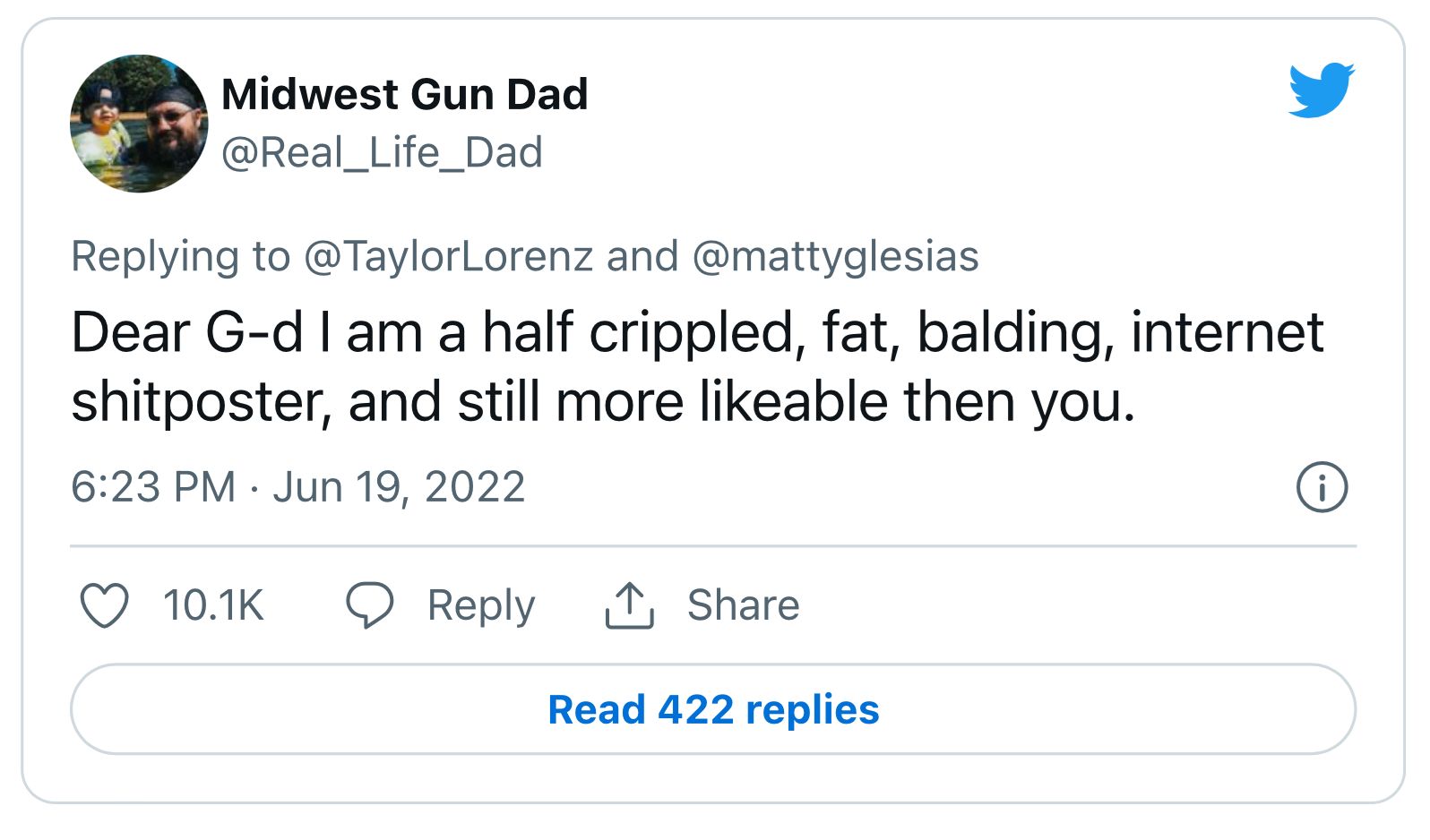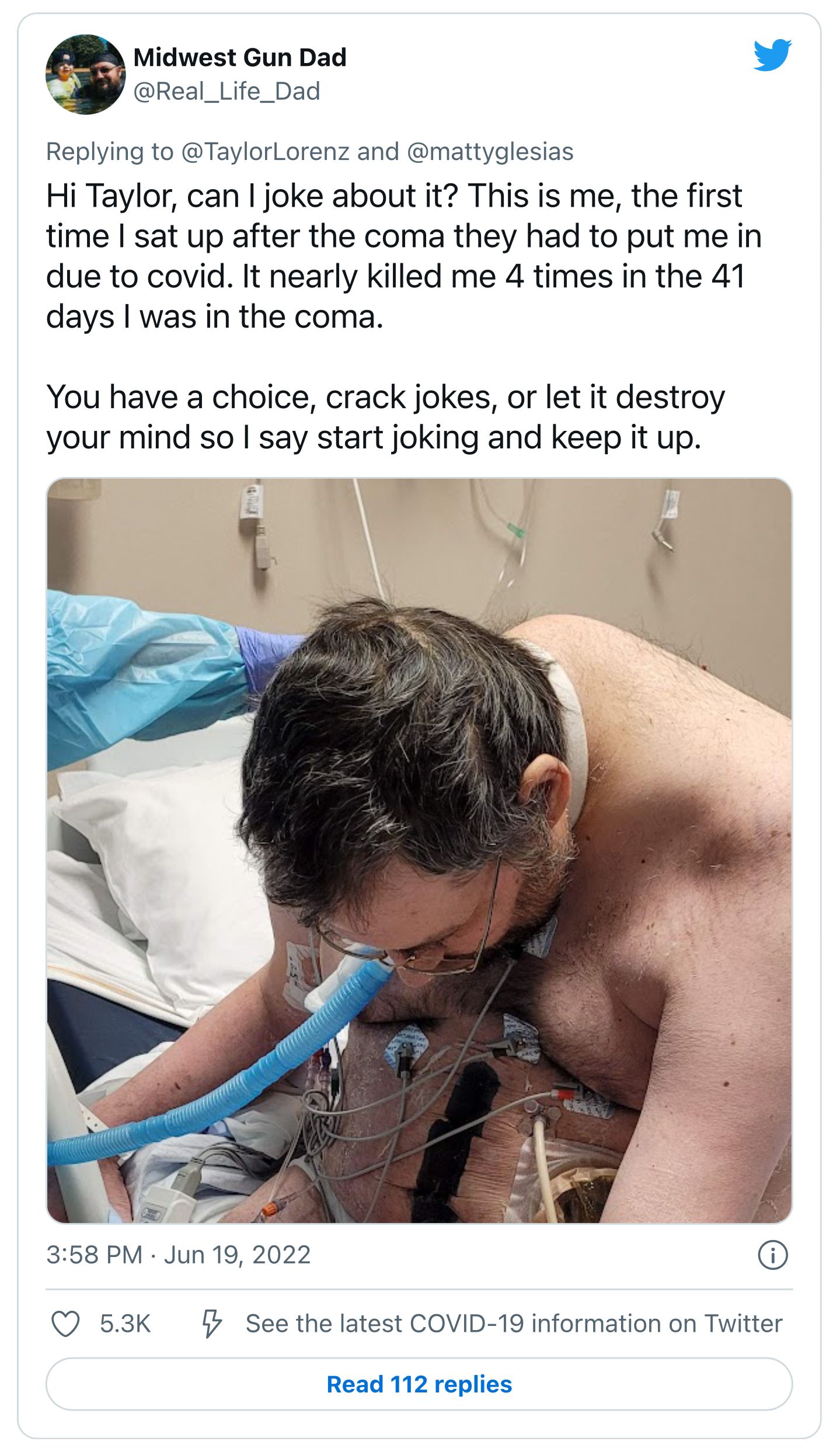HOW TRAUMA BECAME A POLITICAL TOOL: The left’s new battleground is the psyche.
A culture that once avoided talk of mental health is now openly celebrating people who speak candidly about their psychic wounds—even or especially when they are the type of people who are known to us all because they perform labors that seem somewhat superhuman. When Olympic gymnast Simone Biles abruptly withdrew from several events at the 2021 Tokyo games, she cited the ongoing suffering she has experienced as a victim of sexual abuse. Nearly all the stories about her decision praised Biles for taking a mental-health break, even though it likely cost the Olympic team gold medals. Likewise, when the number-two ranked women’s tennis player, Naomi Osaka, withdrew from both Wimbledon and the French Open, claiming mental-health challenges, she was lionized for speaking out.
The word that is used to describe their pain is “trauma,” classically defined as a lingering and haunted response to a terrible experience such as assault, natural disaster, serious accident, or some other deeply disturbing event.
Experts praised both Biles and Osaka for putting “emotional wellness” ahead of everything else, but rather than acknowledge that athletes like them are the exception—since they had chosen to take on the mental and physical challenges that elite competition poses—experts used their experiences to argue that similar kinds of trauma were pervasive and growing. Trauma “has nefarious and wide-spread tentacles,” Margo Lindauer, associate clinical professor at Northeastern University, told one news outlet. “The impacts of trauma are ongoing and unexpected and can rear up in all sorts of different ways.”
Today, trauma diagnoses have moved far beyond the realm of individual clinical expertise to take on outsize significance as an explanation for a broad array of social, cultural, and political problems. A popular book about trauma, The Body Keeps the Score: Brain, Mind, and Body in the Healing of Trauma, by the psychiatrist Bessel van der Kolk, has been on the New York Times bestseller list for more than 150 weeks. In it, the author explores the physiological and neurological impact of trauma on patients who had been clinically diagnosed with post-traumatic stress disorder (PTSD), and he claims that therapies such as mindfulness yoga, art, and dance are effective in treating them.
* * * * * * * *
Today, trauma diagnoses have moved far beyond the realm of individual clinical expertise to take on outsize significance as an explanation for a broad array of social, cultural, and political problems. A popular book about trauma, The Body Keeps the Score: Brain, Mind, and Body in the Healing of Trauma, by the psychiatrist Bessel van der Kolk, has been on the New York Times bestseller list for more than 150 weeks. In it, the author explores the physiological and neurological impact of trauma on patients who had been clinically diagnosed with post-traumatic stress disorder (PTSD), and he claims that therapies such as mindfulness yoga, art, and dance are effective in treating them.
And speaking of Lorenz, she’s had quite a Sunday: Dad who barely survived COVID makes Taylor Lorenz look like even more of a jacka*s for shaming Matt Yglesias for ‘joking’ about catching COVID.
As Twitchy readers know, Taylor Lorenz went after Matt Yglesias for making light of his catching COVID because apparently when someone catches it they CAN NOT JOKE ABOUT IT because God forbid anyone cope with humor. We’re not entirely sure what bug crawled up her backside years ago but whatever it was, yikes.
* * * * * * * *
She went on to shame an actual COVID survivor, and not just any survivor but someone who was in a coma and has experienced life-changing effects from the virus she doesn’t want anyone joking about. User @Real_Life_Dad shared his experience with Lorenz perhaps in the hope that she’d figure out it’s ok to keep your sense of humor about well, any and everything. It’s how some of us actually get through the worst of times.
Ahem.
Lorenz replied with an all-time showstopper:

“Lateral ableism” — followed by a lateral mike drop:

To be fair, that’s setting the bar awfully low.

